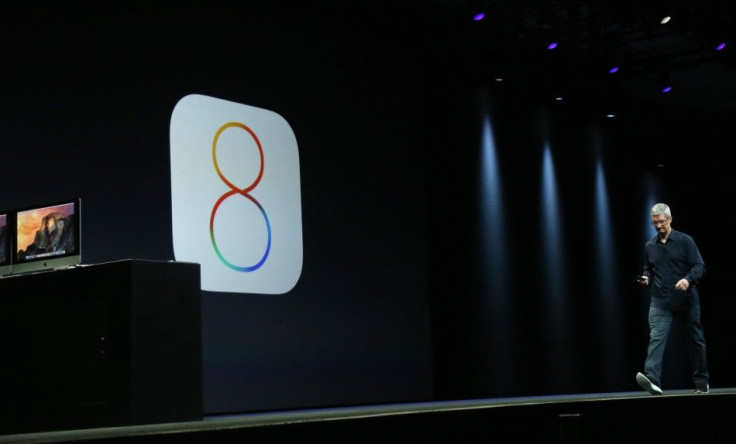iOS 8 vs Android 5.0 Lollipop: Apple Kills Google with Memory Efficiency

Apple's announcement of the iPhone 6 and the iPhone Plus did not impress many Android fans. Some pointed out that a 1GB RAM feature is hardly a killer compared to the 2GB Android flagships ship with. However, specs are not everything depending on what these components make up on the whole. Recent information suggests that the iOS 8 remains more memory efficient despite Android 5.0 Lollipop's new structure.
Specs do not always tell the whole story. Consumers have to see the whole picture to see if the high-end specs work with the rest of the device. According to Cult of Mac, despite the iPhone 6 running on a 1GB RAM, tests show that it runs faster compared to Android flagships running on 2GB RAM. The difference comes down to how the iOS and Android work with apps.
Quora's Glyn Williams notes the idea about servicing RAM requiring more power. This means the more the memory, the higher the power consumption. Android apps require Java wherein it recycles released memory through garbage collection.
Garbage collection refers to the process that triggers memory recycling in the event that an Android app finishes using it. Often, this system works when the device has a plenty of RAM. However, throwing in a couple of apps into the mix can slow things down.
Williams further noted that garbage collection in Android is ideal if the Android apps have four up to eight times more than the memory required to proceed to garbage collection. Lack of free memory can affect performance. This is the reason why Android includes more RAM into devices. The iOS, on other hand, does not require as much memory because it conducts garbage memory from scratch. The system only needs the memory it is working with.
As for the experience, Sydney Morning Herald differentiates between the two saying that Apple ecosystem on the whole delivers the idea that the company wants to help users to accomplish tasks in the most convenient way possible. Android Lollipop, on the other hand, wants to get things done fast but it also wants to anticipate the next move of the user. Google wants to predict what users will be inclined to do before they know it.
Still the defining part of the experience may be what type of Android device the person is using. Android comes in several flagships thus the differentiated experience unlike in Apple.




















